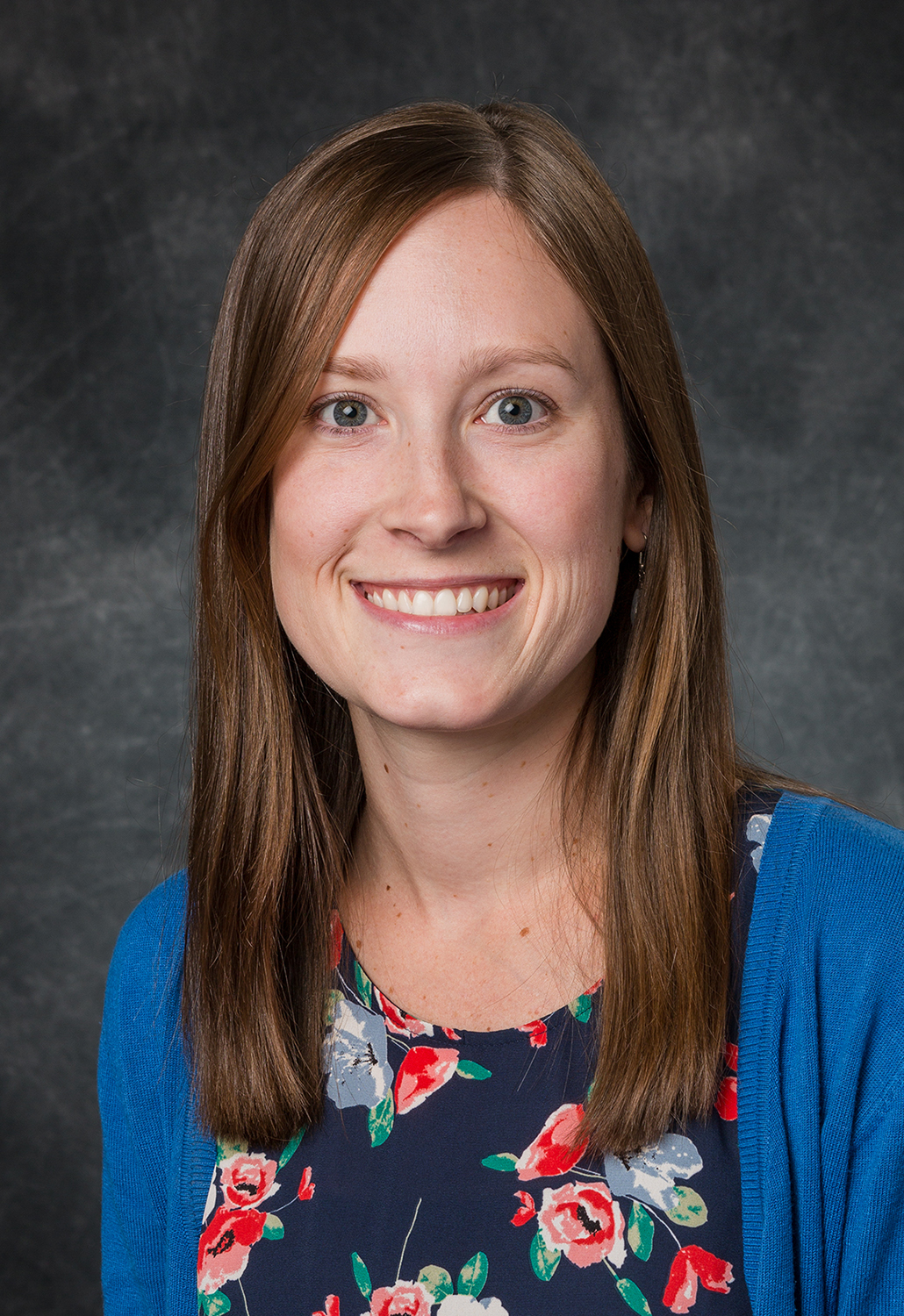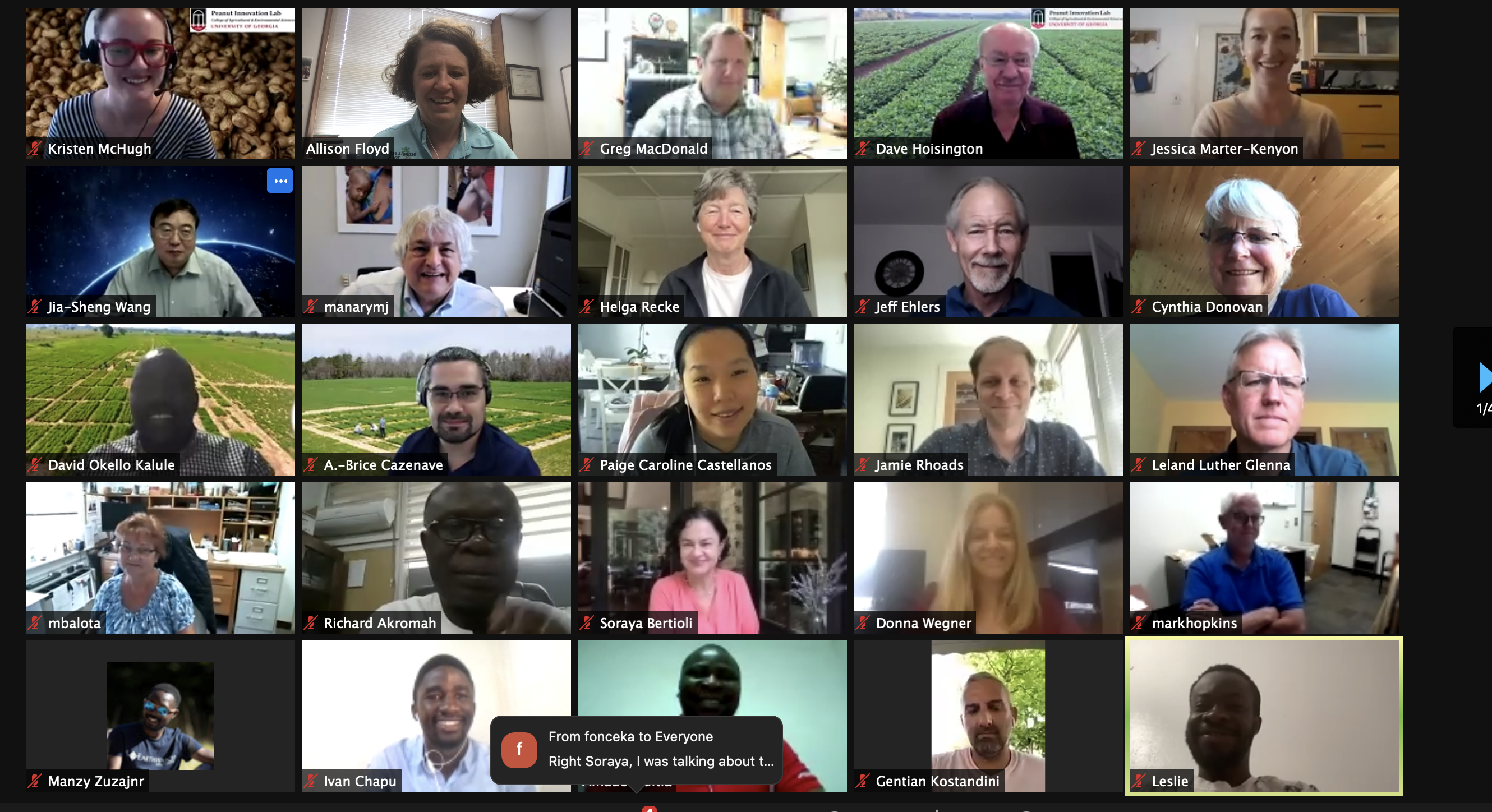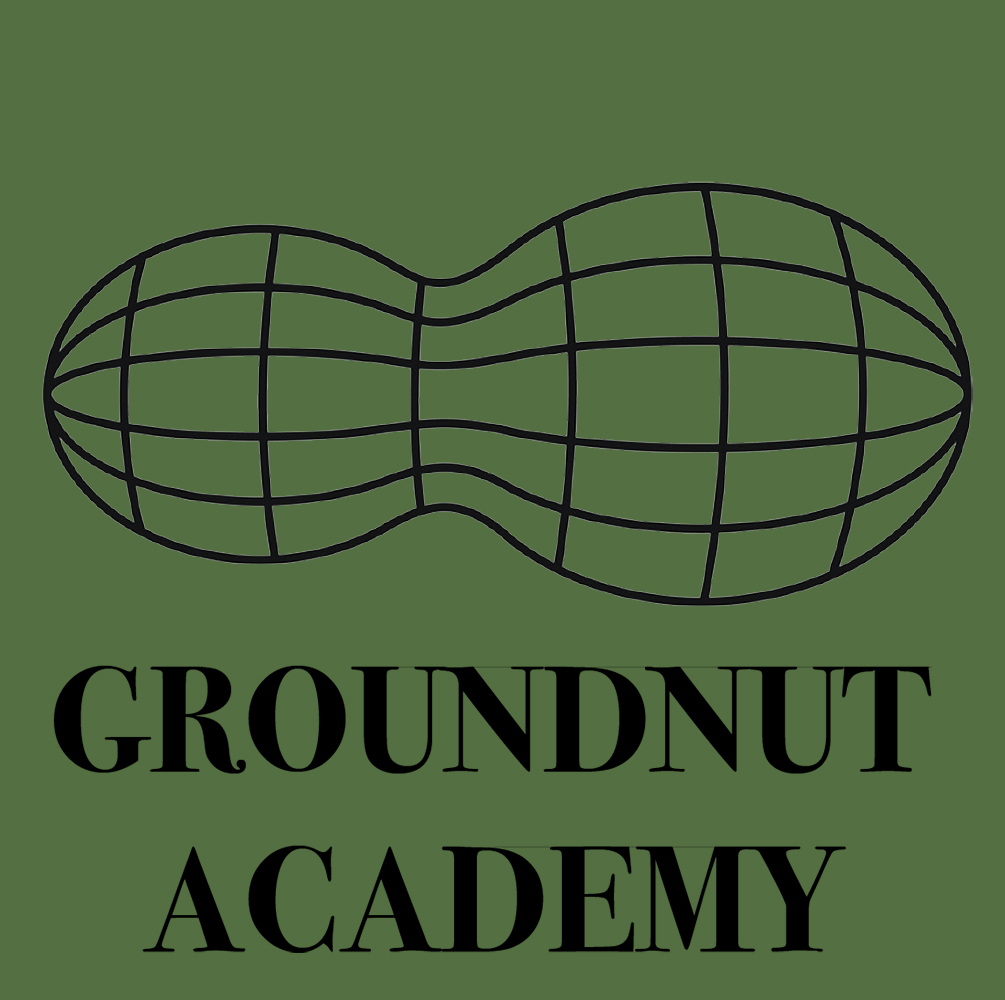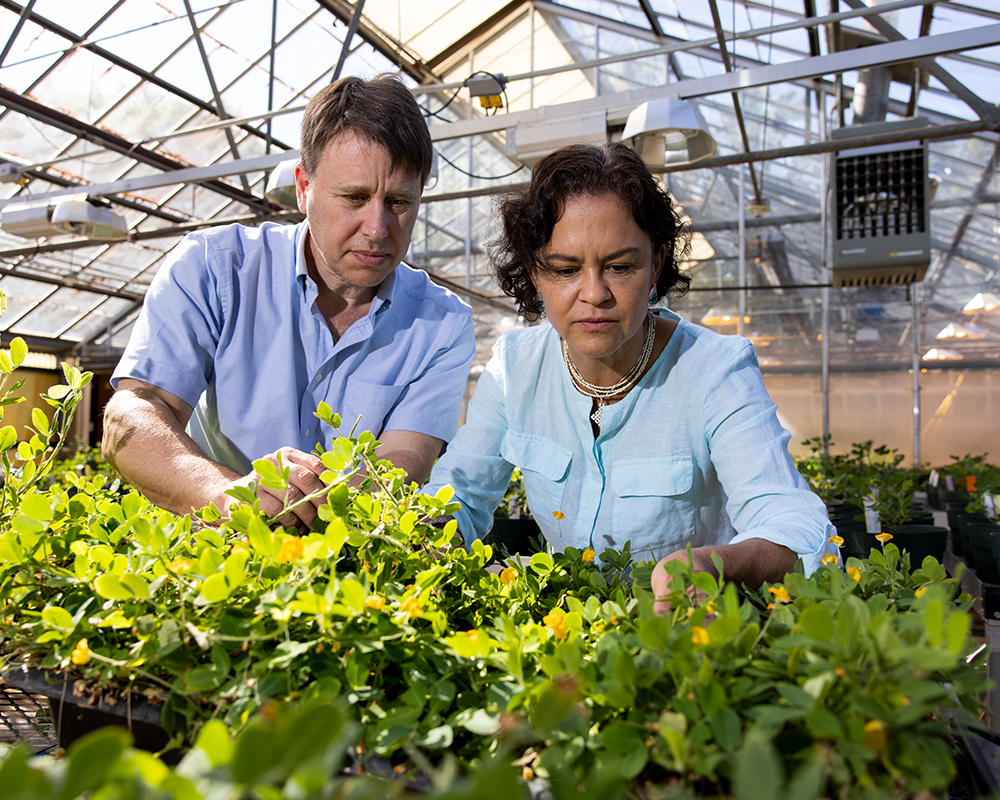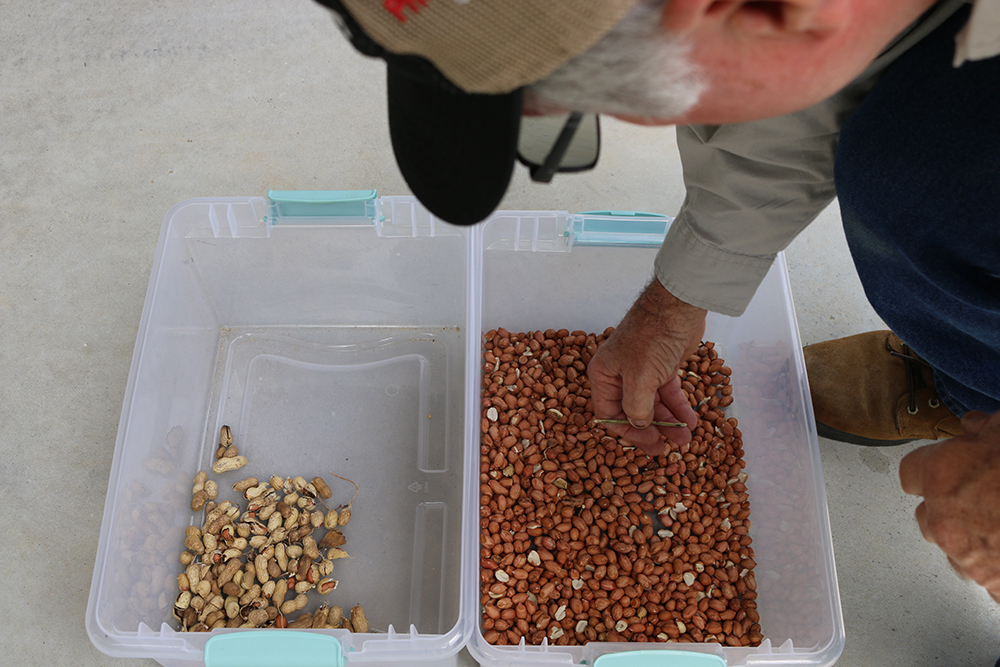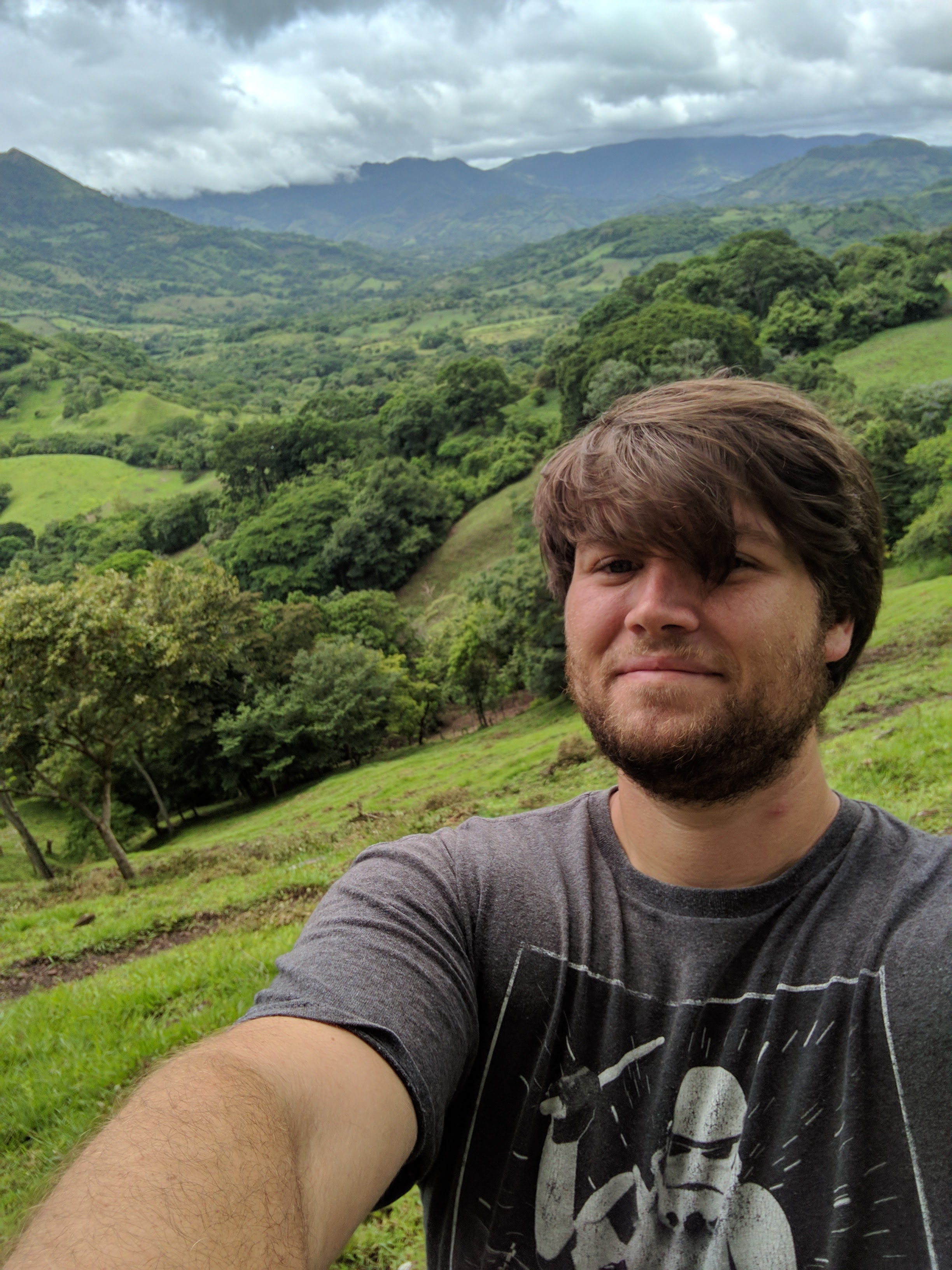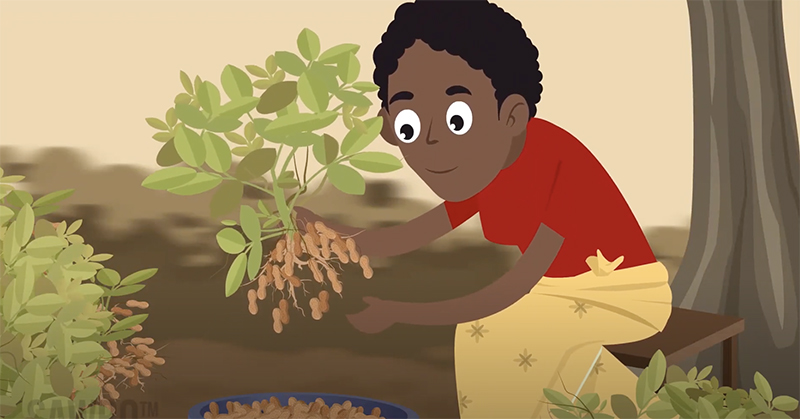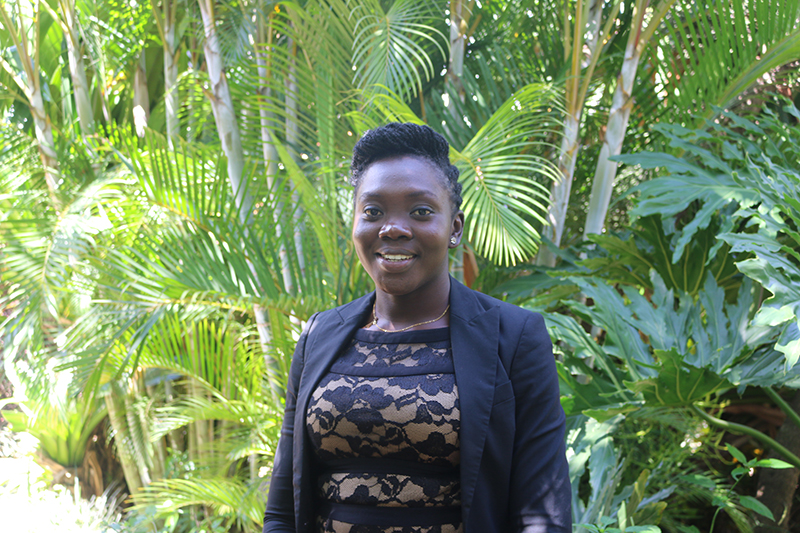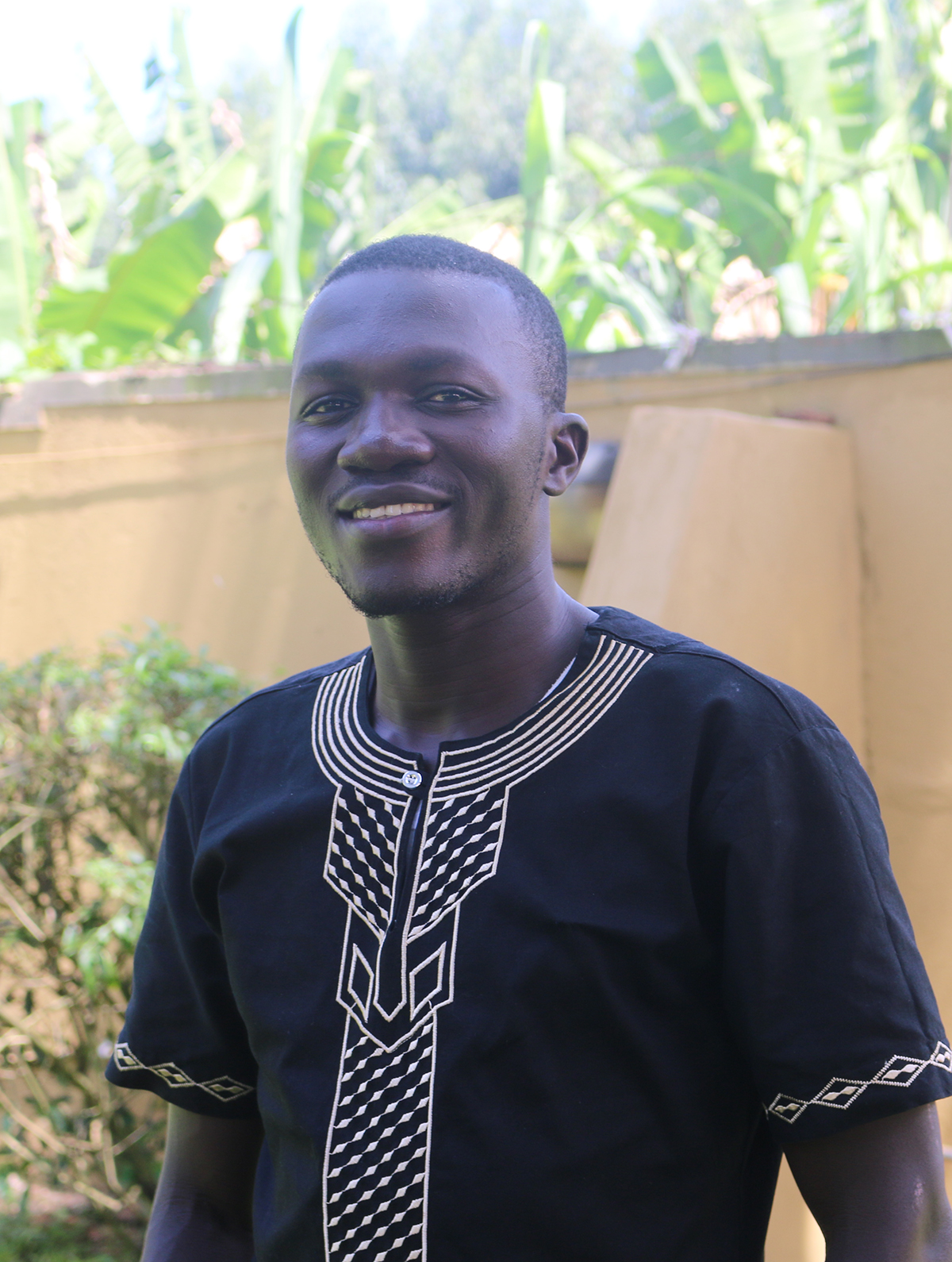 CAES News
CAES News
Tracking peanut virus
Henry Ssendagire was supposed to become a medical doctor. At least, that was his mother’s dream. She may have to settle for a doctor of virology. Ssendagire, who grew up in a poor neighborhood in Kampala, Uganda, found himself studying horticulture on a government scholarship. Today, his research may help farmers control one of the most troublesome plant diseases that ruins groundnut yields and threatens food security.

